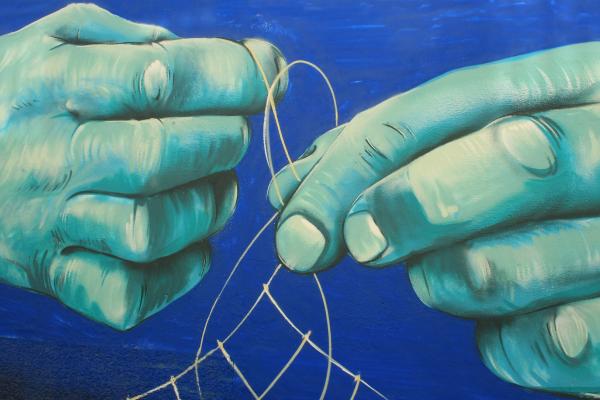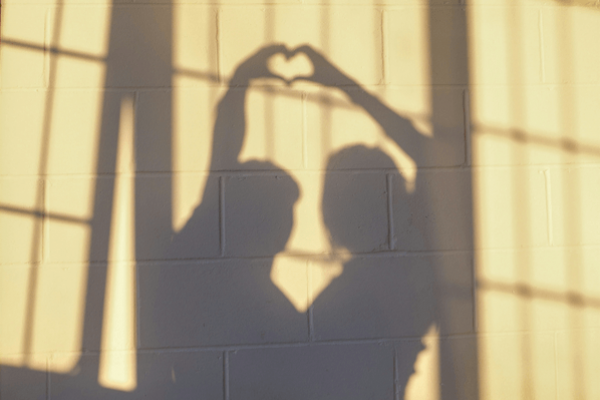The state of things, from where I sit right now, is that, as Americans, as humans, we are spending our days looking hard in the mirror, asking who we are and how we got here.
Over the last few months, we’ve been mourning violence — shootings at synagogues, at churches, at mosques, that seem to show both how fragile and how resilient life is at the same time.
We continually ask, as Christians, what it looks like to embody a Christ who is both risen and stoops down to rip his clothes in lament that things are not as they should be in this world. It is the Easter season, and yet, we mourn.
May 5 was Remembrance Day for Missing and Murdered Indigenous Women, and so we remember that violence against Indigenous women, done mostly by non-Native men, reveals that in the hidden places of America, things are far from OK, that they are not as they should be.
And next Sunday is Mother’s Day, a day that we know holds grief for so many women who have lost children, and so many children who, for one reason or another, do not have a relationship with their mothers.
We mourn the loss of friends, and we cling to one another in the process.
Grief bombards us from all sides, always, and it is only in the deep listening to the groans of the world that we seem to find one another and a path to God that is not often talked about in church.
It is the Grief Path, always there where we are living our everyday experiences, in the midst of our mundane movements. Grief is there to remind us that our scars are real and that they reveal something to us about our own souls.
Jean Vanier said in an interview with Krista Tippett, “We are very fragile in front of the future.”
Who are we collectively going to be as we head into the rest of 2019, into 2020? Who are we doing to be politically, religiously, as humans who walk this sacred earth? Will we fight for one another’s rights to live in safety? Will we fight for our churches to be places that welcome the outcast and fight against injustice? Will we be a nation that faces its past in the genocide and oppression of Indigenous peoples and continual violence against people of color and immigrants?
If we know anything about grief, it’s that we are built to ask questions, that those questions are part of the path to God, that they lead us to places we weren’t expecting, places full of rich truth.
We are searching for that truth from Sunday to Sunday and all the other days in between.
So today, we must take one another’s hands, take a hard look in the mirror, and ask what our humanity requires of us.
How should the earth be loved?
How should our children be loved?
How should people with disabilities be loved?
How should women of color be loved?
How should our LGBTQ friends be loved?
How should our Muslim, Sikh, and Jewish kin be loved?
Fully.
Wholly.
That is the only way forward.
“Dignified or not, believable or not, ours is a God perpetually on bended knee, doing everything it takes to convince stubborn and petulant children that they are seen and loved. It is no more beneath God to speak to us using poetry, proverb, letters, and legend than it is for a mother to read storybooks to her daughter at bedtime. This is who God is. This is what God does.” ― Rachel Held Evans
Got something to say about what you're reading? We value your feedback!







